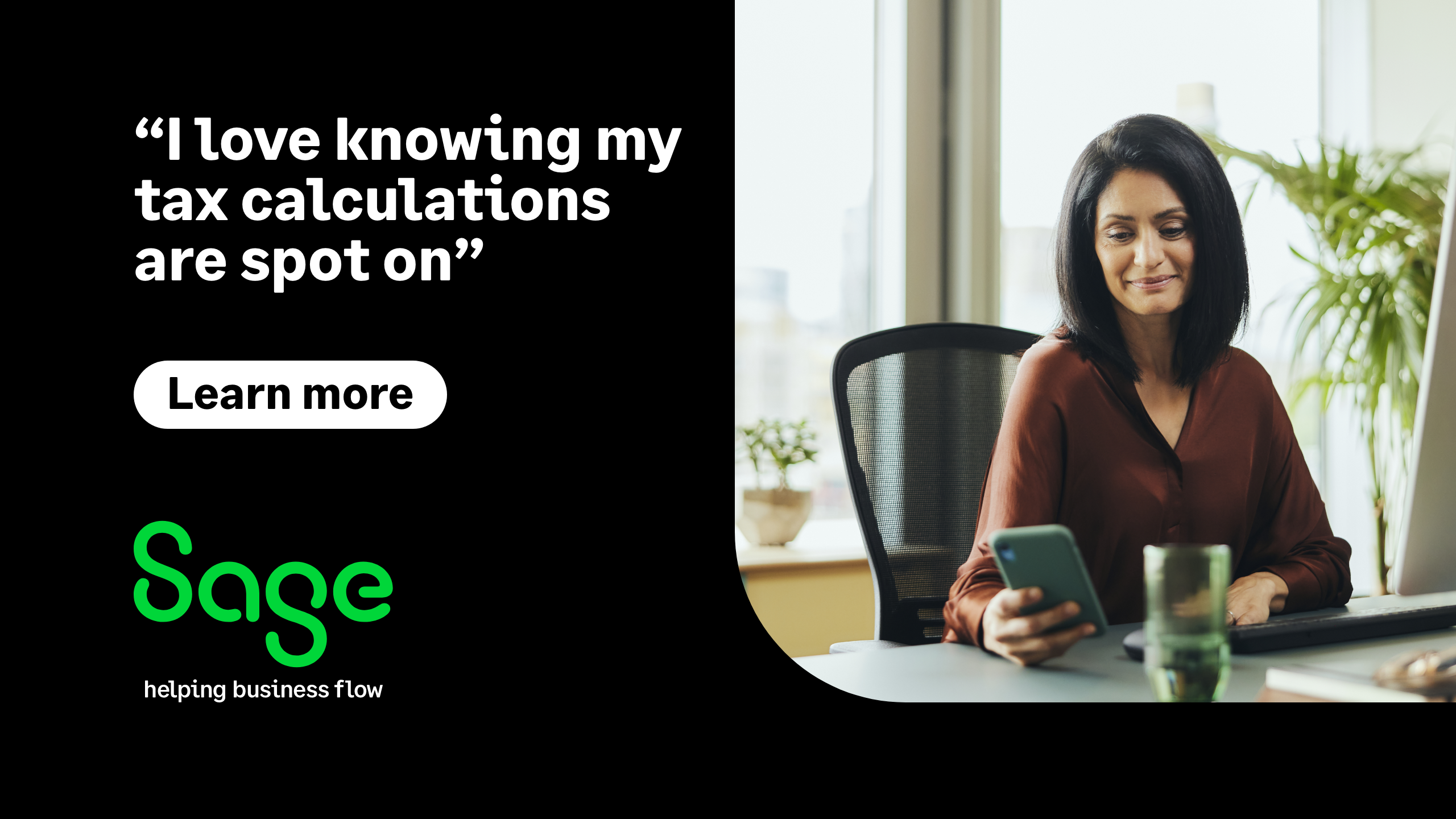VAT registration guide: When and how to register for VAT
As an economy driver, it is important for businesses small or big to register for VAT. As such your partner in accounting software solutions, Sage has come up with a guide to help you register for VAT to ensure that your business is tax compliant.

In the 2022/23 financial year, Value Added Tax (VAT) contributed R439.7 billion (27.5%) to SARS’ total collection, making it a consistent source of income for the country’s economy.
As an economy driver, it is important for businesses small or big to register for VAT. As such your partner in accounting software solutions, Sage has come up with a guide to help you register for VAT to ensure that your business is tax compliant.
Who should register for VAT?
As per Sars regulations, it is compulsory to register for VAT if your business's value of taxable supplies made or to be made, is more than R1 million in any consecutive 12-month period, or when the value of the taxable supplies that will be made in a year will exceed R1 million under the provisions of a written contract.
A business can also do a voluntary VAT registration if the value of taxable supplies made or to be made is less than R1 million but has, under certain circumstances, exceeded R50 000 in the past period of 12 months. This can be applied for by the following:
- Municipalities;
- Welfare Organisations;
- Acquisition of a business as a going concern;
- The person meets the requirements and conditions listed in General Notice R447 as published in Government Gazette No. 38836 dated 29 May 2015 (the Voluntary Registration Regulation); and
- The person carries on the specific nature of activity listed in General Notice R446 as Published in Government Gazette No. 38836 dated 29 May 2015 (the Nature of Activity Regulation).
The benefits of registering for VAT
Apart from contributing to the country’s income, registering for VAT gives you the ability to claim VAT refunds. You can claim VAT back on the things your company buys, and on services purchased throughout the year. The amount you can reclaim may be substantial if your company has incurred significant expenses over the course of the year.
Being a VAT-registered company also gives your business an image and a sense of professionalism.

What do I need to register for VAT?
- Your business contact details and proof of South African residence;
- Bank account details;
- Unique Tax Reference number;
- Details of your turnover and nature of business.
The registration process
Once your documents are in order you can complete a VAT registration application via the following channels:
- Sars eFiling;
- A virtual appointment via the Sars eBooking system. To book the appointment select the following: - Appointment channel: Telephonic engagement or Video, Reason Category: Other, Reason for appointment: VAT registration.
You must include the appropriate paperwork with your application for VAT registration. Application processing will be delayed if this is not done. The required supporting documents may be submitted by eFiling, the SARS website's online question system, or by appointment only in person at SARS.
A mandatory VAT registration application must be submitted within 21 working days of the date the R1 million threshold is or will be breached and registration can take between 10 days up to 2 months, depending on whether you already have a trading Companies And Intellectual Property Commission (CIPC)-registered company and how long SARS’s processing takes.

What happens if you don’t pay VAT?
A 10% penalty is applied to the unpaid tax if you pay your due VAT beyond the due date. Every month that you fail to make the required payments for the previous tax period, interest is additionally added to the amount you owe.
Sage is your partner in online software solutions. For more information on how to keep your business tax compliant and protected through world class online products, visit Sage here.
To strengthen your business, find out more about Sage products and services here.


